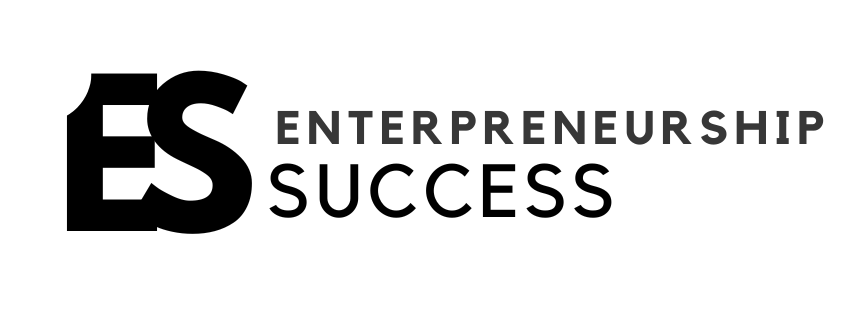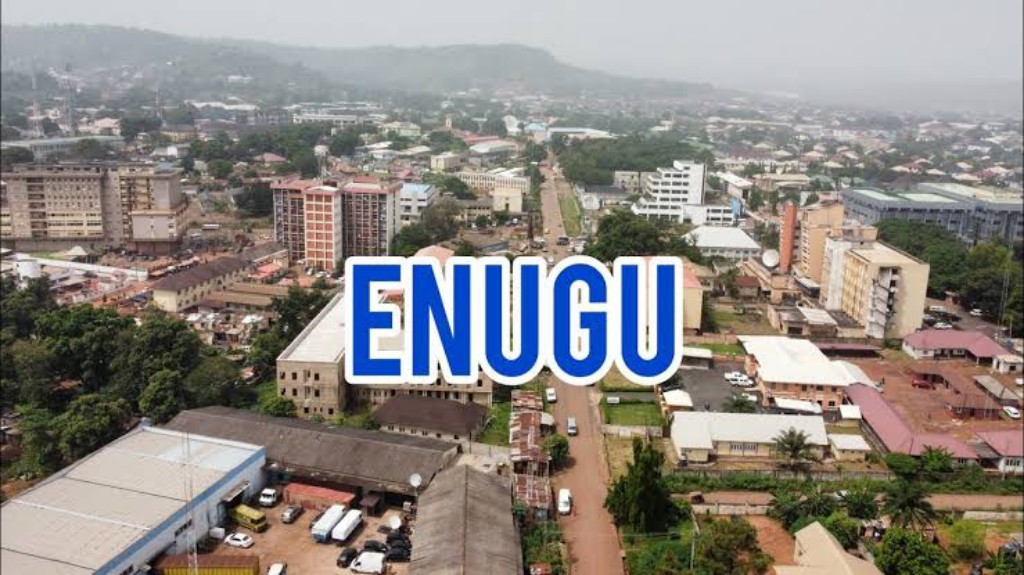Current State of the Market The Nigerian real estate market continues to demonstrate resilience despite economic headwinds. The sector, which has undergone cyclical growth and periods of downturn, is characterized by a mix of challenges and opportunities: Market Growth: The real estate market has shown modest growth, driven by increased demand for housing, urbanization, and commercial infrastructure needs. Cities such as Lagos, Abuja, and Port Harcourt continue to dominate market activity due to their economic significance and population density. Investments in residential housing projects, retail centers, and mixed-use developments are on the rise, with both private developers and government-backed initiatives seeking to address housing shortages and stimulate the economy. Price Appreciation: Property values have exhibited significant appreciation, particularly in high-demand urban centers. Factors such as infrastructure development, proximity to commercial areas, and improved road networks drive the demand for and pricing of properties. However, affordability remains a challenge for many Nigerians due to high inflation, mortgage inaccessibility, and the fluctuating value of the naira. Housing Demand: Nigeria faces a housing deficit estimated to exceed 17 million units, with demand concentrated on affordable and middle-income housing segments. This has prompted initiatives by government agencies, such as the Federal Mortgage Bank of Nigeria (FMBN), and private developers to explore social housing projects. Gated communities, luxury apartments, and high-end estates remain attractive for high-income buyers, while low-cost housing for average-income earners lags behind demand. Commercial Property Performance: Commercial real estate, particularly office spaces and retail outlets, has seen mixed performance. Prime office spaces in Lagos and Abuja generally maintain strong demand from multinational corporations, financial institutions, and tech startups. The retail sector, though impacted by COVID-19 and economic downturns, is regaining traction with the rise of modern shopping malls and the growth of e-commerce. Market Downturns: Market downturns are primarily linked to macroeconomic factors, including inflation, the devaluation of the naira, and inconsistent government policies. Economic shocks from global factors, such as oil price crashes, also impact purchasing power and investment in the real estate sector. Market Drivers Economic Factors: Inflation and Exchange Rates: High inflation and foreign exchange volatility have influenced construction costs and property prices, making both development and homeownership more expensive. GDP Growth and Oil Dependency: As a largely oil-dependent economy, Nigeria’s economic growth and fluctuations in oil prices significantly impact real estate investments and spending power. Access to Finance: Mortgage financing remains a hurdle, with high interest rates and limited access to formal credit reducing the ability of many citizens to purchase homes. Real estate investors often rely on personal funds or alternative financing arrangements. Demographic Shifts: Urbanization: Rapid urbanization, with significant migration to Lagos, Abuja, and other cities, drives the demand for housing and infrastructure development. The urban population growth rate far outpaces housing supply, fueling demand for real estate. Population Growth: Nigeria’s large and youthful population is a key driver for housing demand, necessitating investment in affordable and accessible properties to cater to a growing market. Policy and Regulatory Changes: Government Initiatives: Policies encouraging local housing development, such as tax incentives and land reforms, aim to improve accessibility and encourage investment. However, inconsistent implementation and bureaucratic bottlenecks often limit the impact of these reforms. Infrastructure Development: Projects like road expansion, new bridges, and public transportation improvements directly impact property values, particularly in urban and peri-urban areas. Conclusion The Nigerian real estate market remains one of the country’s most vital sectors, with considerable potential for growth despite facing economic and regulatory challenges. Key drivers like urbanization, infrastructure development, and demographic dynamics offer opportunities for developers, investors, and policymakers to address pressing housing needs and leverage market opportunities effectively. Investment and Financing Options in Real Estate Real Estate Investment Methods Rental Properties: Overview: This involves purchasing residential or commercial properties to rent out to tenants. Income is generated through rental payments, offering steady cash flow and the potential for long-term property appreciation. Benefits: Provides regular income, potential tax benefits, and the possibility of leveraging property equity over time. Risks: Challenges include managing tenants, maintenance costs, potential vacancy periods, and changes in property values due to market shifts. Real Estate Investment Trusts (REITs): Overview: REITs allow individuals to invest in large-scale, income-producing real estate assets through publicly traded shares. They typically own properties like shopping malls, apartments, and office buildings. Benefits: REITs provide an opportunity to invest in real estate without the need to directly manage properties. They are highly liquid and often offer dividend income. Risks: Market volatility can impact REIT values, and there may be high management fees depending on the trust’s structure. Property Flipping: Overview: This strategy involves purchasing properties at a lower price, renovating or upgrading them, and reselling at a higher price. It is typically pursued by investors aiming for short-term gains. Benefits: Offers the potential for high returns over a relatively short investment period. Risks: This approach requires substantial knowledge of the real estate market, good timing, and capital for renovations. Additionally, changes in market conditions can make reselling difficult. Crowdfunding Platforms: Overview: Real estate crowdfunding platforms pool investments from multiple investors to finance projects such as residential developments or commercial properties. Benefits: Allows smaller investors to participate in real estate projects with limited capital. Offers diversification, as investors can spread funds across different properties. Risks: Crowdfunding platforms can be riskier due to regulatory issues, project delays, or even project failure. Liquidity may also be limited compared to traditional investments. Financing Options and Mortgage Types Types of Mortgages: Fixed-Rate Mortgage: Interest rates remain constant over the life of the loan. This provides predictable payments, making it ideal for long-term planning. Adjustable-Rate Mortgage (ARM): The interest rate changes periodically based on market conditions. ARMs often start with lower rates but carry the risk of future increases. Federal Mortgage Schemes: In Nigeria, options like the Federal Mortgage Bank of Nigeria (FMBN) offer loans to qualified contributors of the National Housing Fund (NHF). Traditional Financing Options: Bank Loans: These include traditional mortgage loans offered by commercial banks. They often require a down payment, good credit scores,




